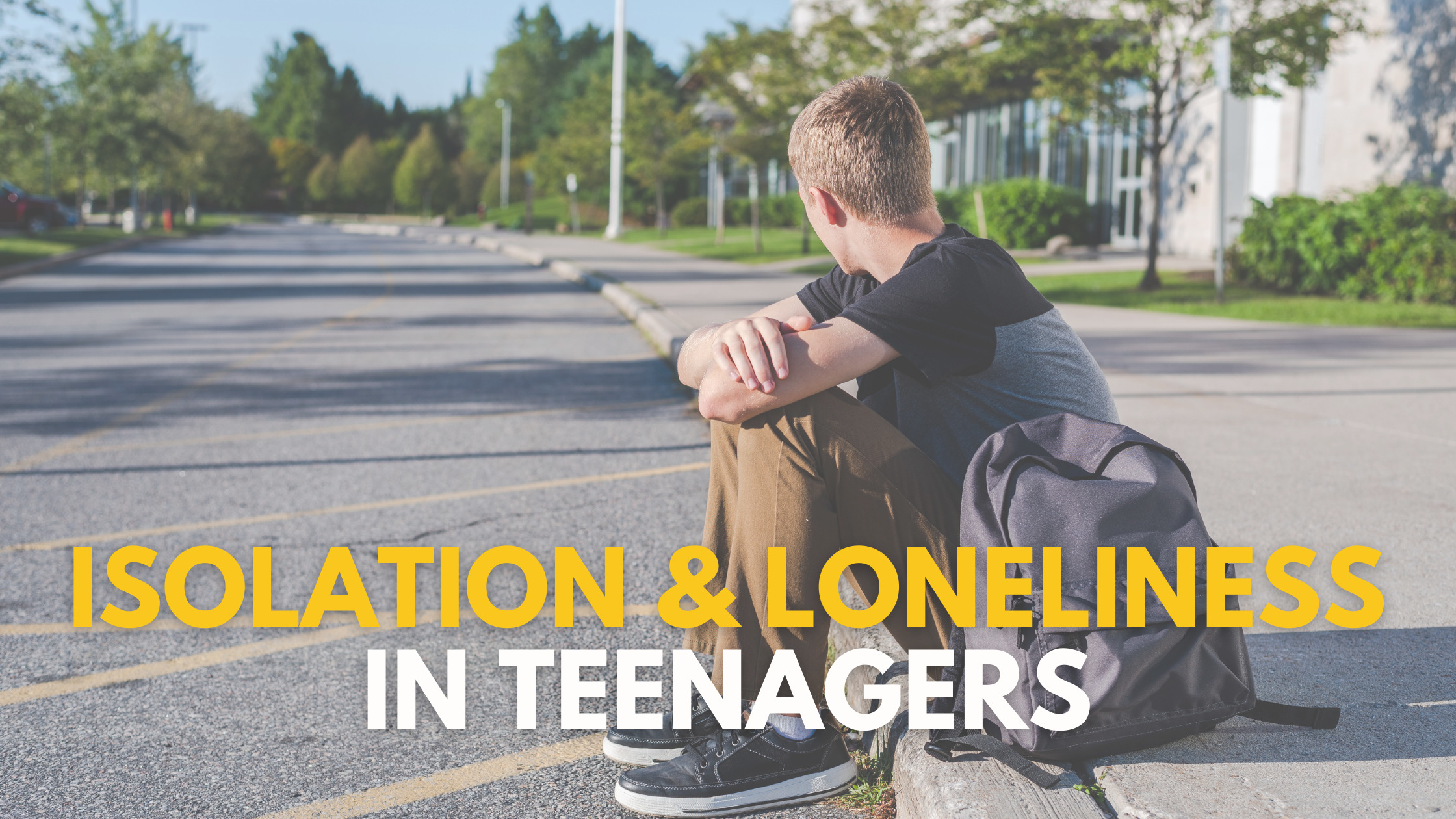Let’s start with what we know
Firstly, we have all been young before. While we may never have felt isolation and loneliness as teenagers, we know the normal stressors that come with the territory such as…
Social Anxiety
Finding their place in the social scene; social media plays a HUGE role in this. Therefore, you may choose to fully extinguish or at least heavily limit phone usage during youth activities.
Physical Development & Hormones
And ALL that comes with it!
Familial Relationships
Some teens begin to pull away from the safety umbrella of mom/dad/guardian and attempt navigating this world on their own.
Educational Stress
Teens know they have only a few more years to “prove” themselves academically before they’ll be making their first splash into this world as adults.
Financial Stress
Some are wanting financial independence and freedom, and so they try to balance a potential job with their schoolwork, extracurriculars, and social activities.
Spiritual Stress
As awareness of the world around them continues to broaden, they may begin to ask, “Is what I have always been taught been proven to be true in my life? Will I get made fun of for believing this?
Teenage Brain Development
These stressors are the reasons that teens tend to isolate themselves from friends and family. In their minds, they have a lot to figure out, and very little time to do it.
In addition, we must also note that the prefrontal cortex does not finish developing until our early 20’s. That means that the portion of our brain that is responsible for focusing one’s attention, anticipating consequences and outcomes, controlling impulses, managing emotional reactions, and planning for the future, is still developing. Except we ask teenagers to control impulses, anticipate events and consequences, manage emotional reactions, and plan for the future. And we’ve been asking this of teens during a global pandemic which has forced isolation and loneliness on everyone, therefore causing much anxiety for children, teenagers and adults.
Anyone else see the potential problems here?
When teens get stressed, anxious, self-conscious, or upset, what follows is pulling away and isolation.
Think of the teenage brain as military troops in active battle. They get attacked repeatedly and must retreat to a base to regroup, reload, and sort out their next plan of action. Time away from others feels safe and is necessary. If there is too much time away, we must step in and make sure the teen is not heading toward unhealthy isolation or depression. (we’ll cover this more in-depth in part 2).
Here are a few ways that you can begin to engage young people now.
INTERESTED IN A YOUTH OR Children’s MINISTRY CERTIFICATION?
Accelerate your leadership and ministry through this 18-month program. We are launching our next cohort soon!
Ways To Engage Your Youth Right Now
OUTREACH
Many often conclude that there’s no better way to put our problems into perspective than by serving others in need. Try organizing group or individual projects like feeding the hungry, cleaning up a public park, making goodie bags for homebound people, doing yard work for folks in your community, and more.
SOCIAL OPPORTUNITIES
We know that teens need this now more than ever! In the words of long time youth minister Kathy Rexroad,
“Teens will naturally find ways to feel part of a group, even if the group is an unhealthy one. The job of the youth group is to make this a safe place for all to fit in!”
Be sure to encourage them to invite their friends. Hold events like ice cream parties and movie nights. Ask a church member to host a game night or dinner. Take your Bible study to the beach or a park.
SPIRITUAL GROWTH OPPORTUNITIES
This is why we do this work! Teens will not find this component in any of their other circles. We need to remember that these opportunities must be engaging, robust, and frequent.
Include them in selecting Bible studies and discussion topics. Worship together both on Sunday mornings and during youth gatherings, since we know that’s crucial for their spiritual growth. Empower them as leaders for the younger youth and children.
The Pandemic Factor On Isolation And Loneliness In Teenagers
While there is much to do for our youth right now, we must also remember that some stressors may have been temporarily mitigated by the pandemic. The social stress of fitting in may have been easier if youth have been participating in online schooling.
However, that stressor has come back as youth have entered school buildings again, and if their confidence is lacking, it may be a bigger stressor now than it was a year and a half ago. We need to be ready for this, always looking for ways to speak into their lives and build confidence in who they are as a person designed by and loved by God.
When Are Isolation And Loneliness Too Much For Teenagers?
Warning Signs That a Teen May Be Heading Toward Depression
If a teen has been very active in your youth ministry and suddenly drops out of all activity; withdrawing from normal activities that bring them pleasure (quitting sports, band, drama, etc.); lack of sleep or too much sleep; cutting on arms or wrists; verbalizations stating, they wish they were gone or that life would be easier for everyone around them if they weren’t here; and/or giving away possessions. Please consider referring families to a licensed counselor or therapist when you see these warning signs.
We know we’ve given you a lot to consider. Therefore, in an upcoming post (Isolation and Loneliness in Teenagers, Part 2 coming soon to the YMI blog), we will discuss further steps to take when your youth are exhibiting these signs.

Mallory Even, LPMT, MT-BC, is a Board-Certified and Licensed Professional Music Therapist. She earned her degree in Music Therapy at The Florida State University, and has owned her private practice, Metro Music Therapy, which is based in Peachtree Corners, GA (NE Atlanta), for over 12 years. Mallory has a heart for using music to serve others, both professionally and personally, and has been a worship leader at various churches in Florida and Georgia throughout the last 20 years.
You can contact Mallory by sending her an email.


We Would Love to Hear Your Thoughts